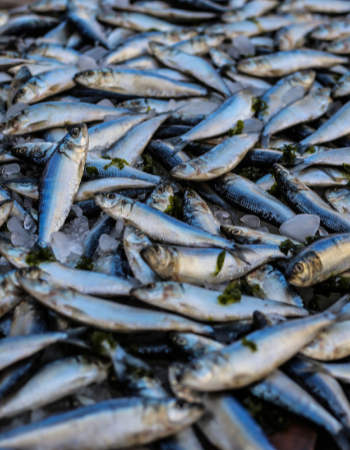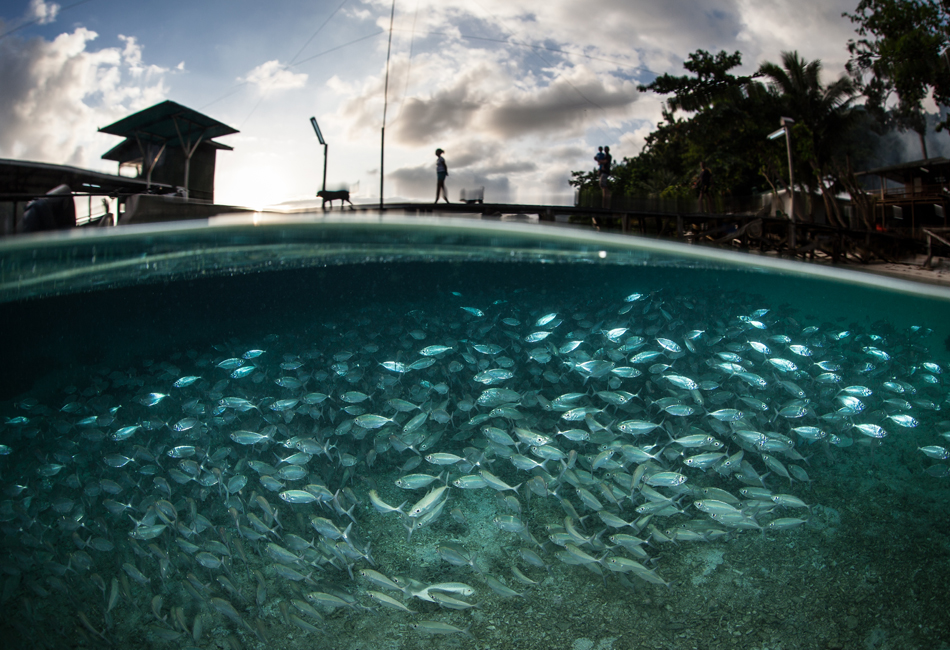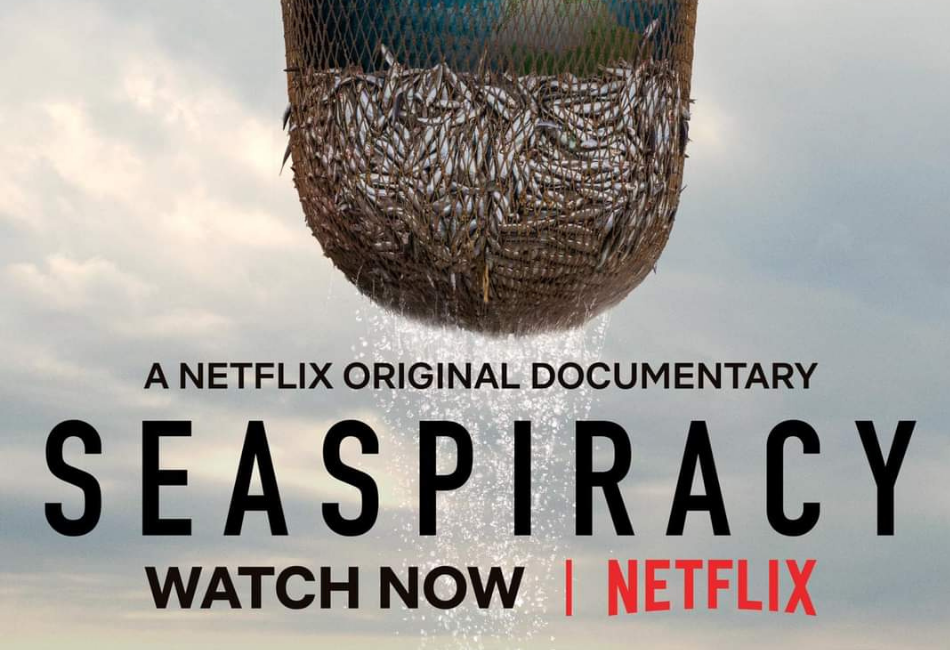Download Free Vegan Starter Kit -

Studies Show That Fish Are Sentient Beings, Learn About How They Pain
The fisheries industry is one of the biggest industries around the globe. Right from small shoals of fish that are caught and farmed as feed for larger ones to massive whales who are still hunted in the international waters around several oceans; millions of fish are massacred every year.
This has compelled scientists and marine biologists to dig deeper and learn more about these mammals. Are fish sentient beings? Do they experience self-awareness and pain just as humans do? These are some of the questions that researchers asked themselves before delving into detailed studies to discern the truth.
Are fish self-aware?
A group of experts led by Masanori Kohda (a biologist at Graduate School of Science in Osaka City University) set out to study whether fish can identify itself in the mirror and more. They hoped to prove that the fish species Labroides dimidiatus can recognize itself in a mirror to prove that they can be self-aware.
They used a mark test, where a non-natural mark is put on the fish’s body while it was under anesthesia. Should the fish try to see the mark or remove it, they may have seen themselves in the mirror.
“The cleaner fish (Labroides dimidiatus) is the only fish that passes the mark test because other fish have no motivation to touch the mark, as the mark has no meaning for other fish. This is because this fish is a cleaner fish that will pay attention to small parasites on other fish bodies and try to pick up and remove them,
” Kohda said in an email. “We do not know how many animals are intelligent exactly, and regard humans as the best intelligent organism in the world, that God made. But this is a large misunderstanding. We do not properly understand animals!” Kohda explains.

Image Source: pixels.com
Experts decode the results of tests on the fish
The study’s findings were contested by primatologist Frans de Waal, the C. H. Candler Professor of Psychology at Emory University and distinguished professor emeritus at the University of Utrecht. “I believe this experiment takes care of some of the questions I had last time,” de Waal noted. “I suggested then that *feeling* the mark might contribute to the self-recognition in the mirror as it involves two senses (sight and physical pain) instead of just one.
But a new series of experiments take care of this issue, showing that the reaction is color-dependent (which you wouldn't expect if feeling the mark helps) and that a more painful (deeper) mark triggers a response w/o mirror, whereas the usual mark doesn't.
“With these new experiments the evidence for [mirror self-recognition] is about as strong as it can get, and moreover shows that the marks need to be ecologically relevant in that they need to be of the color that cleaner fish generally respond to. There will still be scientists who don't want to take this seriously, but clearly, if a primate had shown all of these responses no one would be skeptical,” de Waal added. “These fish are remarkable!”
Their research is further proof of cognitive abilities in fish and it is all the more reason that we co-exist with them instead of farming them cruelly. It is now more than ever critical that we increase our reliance on a plant-based diet!
LIKE THIS? READ: MEAT AND FISH SALE BANNED IN LUCKNOW IN WAKE OF CORONAVIRUS SCARE
READ MORE: UBUNTU COMMUNITY - 100% VEGAN CAFE IN KOLKATA INTRODUCES MOCK FISH FRY
AUTHOR

trending
Be a Vegan First Informer
Send us buzzworthy news and updates
Explore
Contact Us
About Us
Stay Connected
Copyright ⓒ 2017-2023. VEGAN PASSION PRIVATE LIMITED. All Rights reserved.
For more information, please write to hello@veganfirst.com
Registered Office Address: 55, 2nd floor, lane 2, Westend Marg, Saidullajab, Near Saket Metro Station, New Delhi, Gadaipur, New Delhi South West Delhi, DL

2.png)

.png)
.png)
2.png)
2.png)
2.png)


1.png)









